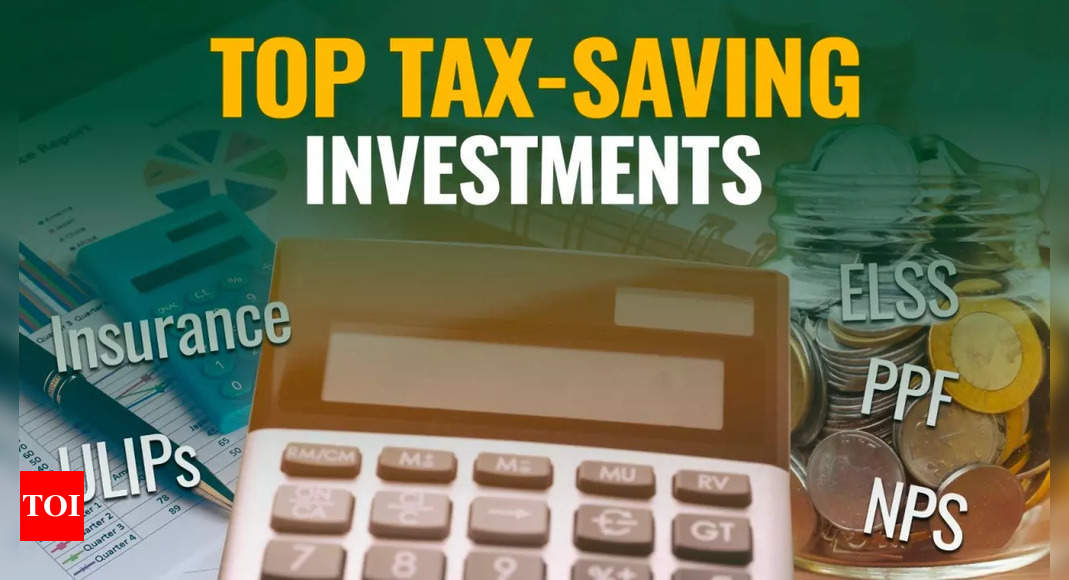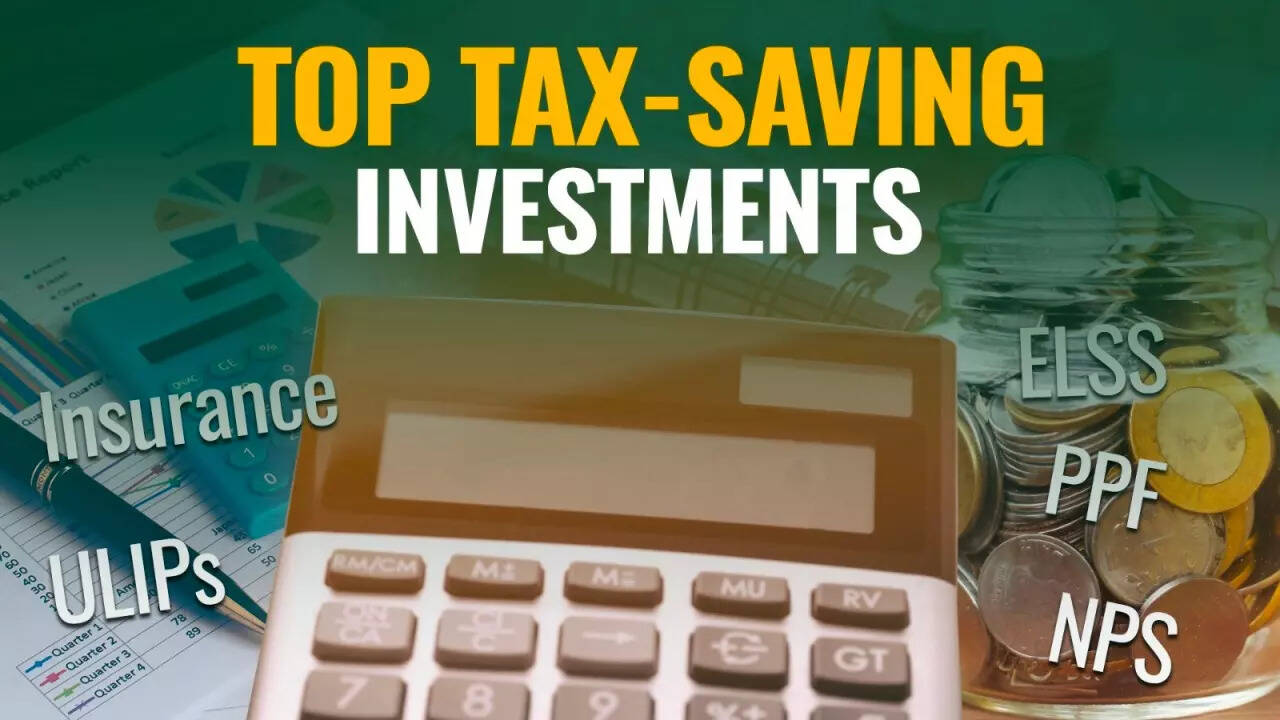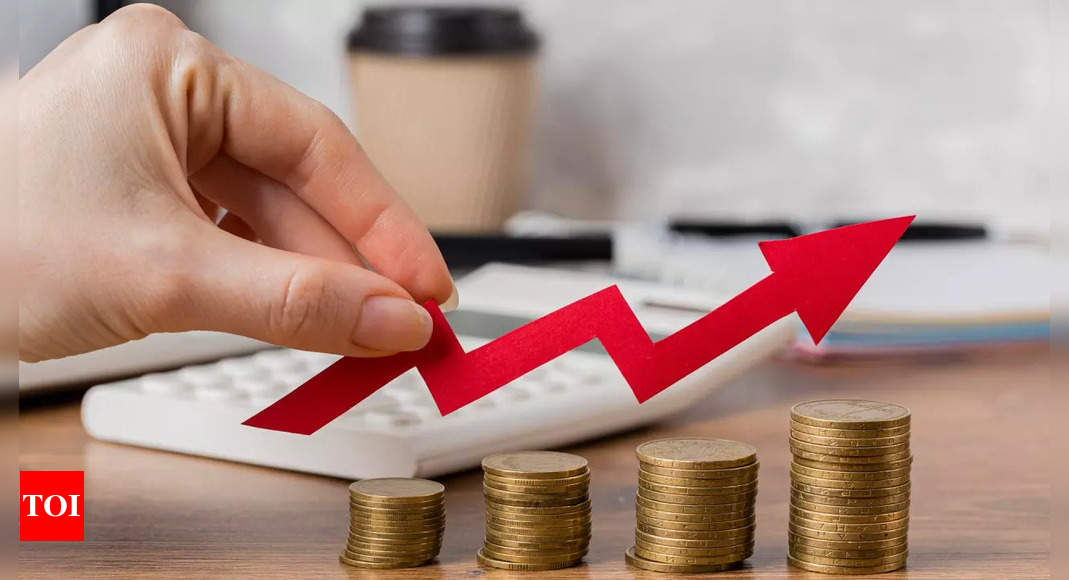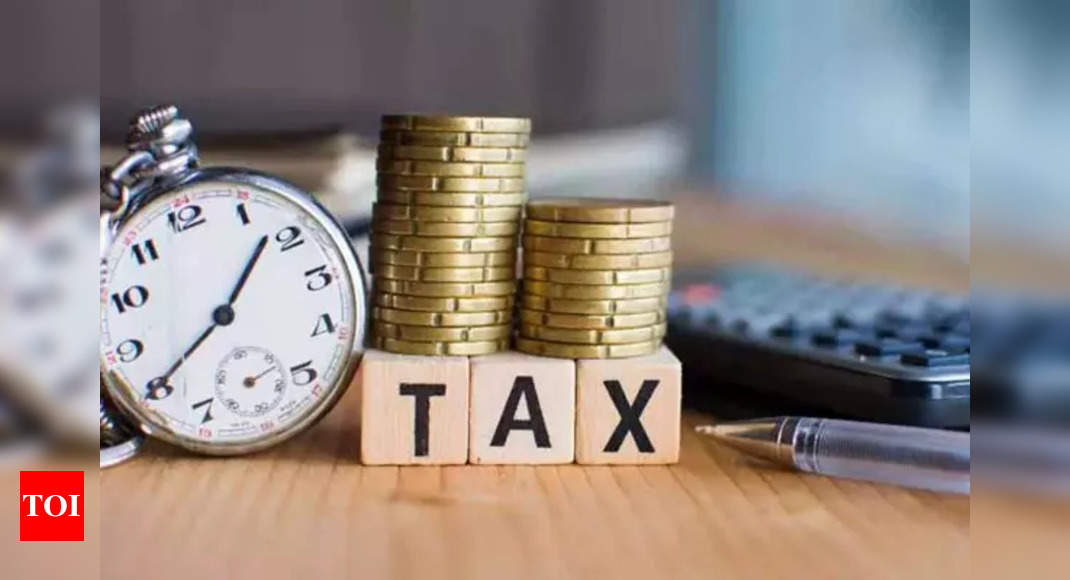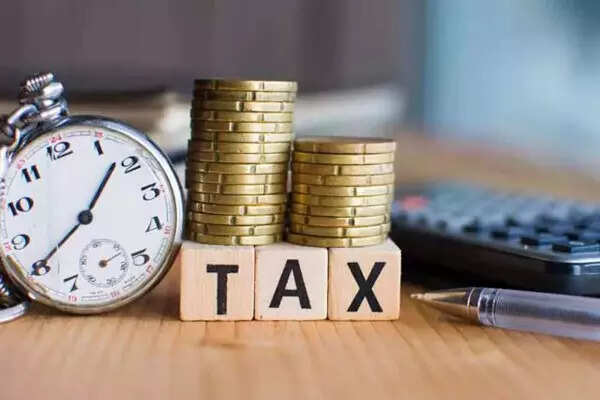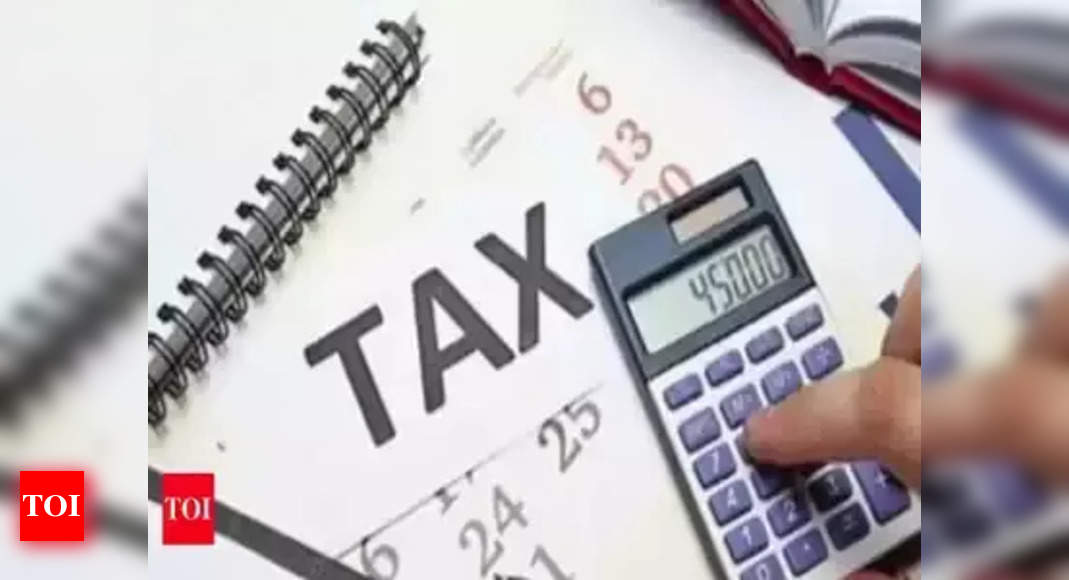Currently, all financial purchases under the Section (80C) are capped at Rs 1,50,000.
Mumbai:
Insurance companies are seeking a separate deduction limit of Rs 1 lakh for insurance premium payment under Section 80C of the Income Tax Act in the upcoming Union Budget to bring in more people under the ambit of insurance.
The insurers also want reduction in the goods and services tax (GST) rate of 18 per cent currently applied on health insurance products to 5 per cent to make such products more affordable to common people.
Finance Minister Nirmala Sitharaman will present the Union Budget for 2022-23 on February 1.
“The industry has long pending expectations from the policy makers for incentivizing people to get life insurance by giving a separate deduction limit of minimum Rs 1 lakh for insurance premium payment under Section 80C,” Tarun Rustagi Chief Financial Officer Canara HSBC OBC Life Insurance said.
Life insurance is a long-term solution, unlike other financial products which have a shorter investment horizon and are covered under the 80C provision.
Currently, all financial purchases are clubbed under the same I-T deduction section (80C) capped at Rs 1,50,000.
“We expect the budget to consider creating a separate section for tax deduction on premium paid towards life insurance. This would enable a more logical segregation of customer’s funds into long-term and short-term kitties,” Edelweiss Tokio Life Insurance Executive Director Subhrajit Mukhopadhyay said.
Ageas Federal Life Insurance Managing Director and CEO Vighnesh Shahane said the Section 80 C is currently cluttered with several investment options such as Public Provident Fund (PPF), Equity-Linked Savings Scheme (ELSS) and National Savings Certificate (NSC) amongst others.
“At least, a separate section for term policies would be helpful given the current scenario and the huge protection gap in the country,” Shahane said.
Future Generali India Life Insurance Senior VP and Head Products and Development Chinmay Bade said that life insurance is a proxy to social security in case of death of a person as well as survival and, therefore, the exemption limit of 1.5 lakh under Section 80C needs a revision.
As per IRDAI’s Annual Report-2020-21, insurance penetration in the country is at 4.2 per cent of the GDP vis-à-vis a global average of 7.4 per cent. As of March, 2021, the non-life insurance penetration stood at barely 1 per cent.
Liberty General Insurance CEO and Whole-Time Director Roopam Asthana said due to the uncertainty spurred by the Covid-19 pandemic, health insurance has become an everyday need in order to protect oneself from uncertainties and is more relevant than ever.
“Therefore, the government should consider a drastic reduction in the GST applicable on health insurance premiums which is currently charged at 18 per cent. This will encourage people to purchase health insurance and additional top-up plans to protect themselves from medical crises and emergencies,” Asthana noted.
Bajaj Allianz General Insurance Managing Director & CEO Tapan Singhel believes that the premium price over coverage plays a critical role in the purchasing decision for customers. With the 18 per cent GST applied to health insurance, the premium price goes up which becomes a deterrent in people opting for sufficient coverage, he noted.
According to Edelweiss General Insurance Executive Director & CEO Shanai Ghosh, protecting health is paramount and so health insurance should be viewed as an essential commodity.
“I would therefore request the Finance Minister to consider the reduction of GST for health insurance from the current 18 per cent to the lowest slab of 5 per cent. This move will also make health policies more affordable and push more and more people to buy a health cover,” Ghosh said.
Standalone health insurance player Niva Bupa Niva Bupa Health Insurance’s CEO and Managing Director (MD) Krishnan Ramachandran suggested that the government should consider doubling up the medical insurance limit under Section 80D to Rs 50,000 in light of higher medical expenses post COVID.
Echoing similar sentiments, Raheja QBE General Insurance MD and CEO Pankaj Arora said in order to encourage more people to purchase health insurance and to ensure that they purchase the appropriate quantity of coverage, section 80D income tax exemptions should be raised, ideally doubled.
As per Reliance General Insurance CEO Rakesh Jain, for the Union Budget 2022, the government should consider bringing healthcare facilities, such as diagnostic centers, specialty hospitals, wellness facilities, under the ‘infrastructure’ category.
“This will bring in funding from large institutions, including insurance companies that seek and have regulatory obligation of investments in ‘infrastructure assets’,” he said.
The insurance and healthcare sectors need to evolve together to boost access to quality and affordable healthcare to the masses, he said.
Willis Towers Watson’s Head (India) Rohit Jain said the insurance industry in India is recovering from a difficult year in which life and health insurance claims surged on account of the pandemic.
Understandably, the industry has been pressing for direct and indirect tax sops, primarily for cushioning from the pandemic impact, but also to improve penetration and increase the speed of insurance influence, he said.
“That said, it would be a tight rope walk for the government to maintain fiscal prudence by balancing these expectations with the general health of the exchequer, especially considering potential public health related expenditure in managing the pandemic itself,” Jain added.
(Except for the headline, this story has not been edited by NDTV staff and is published from a syndicated feed.)

